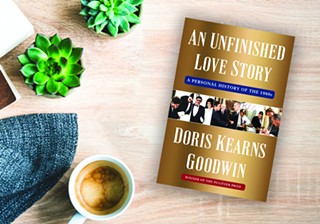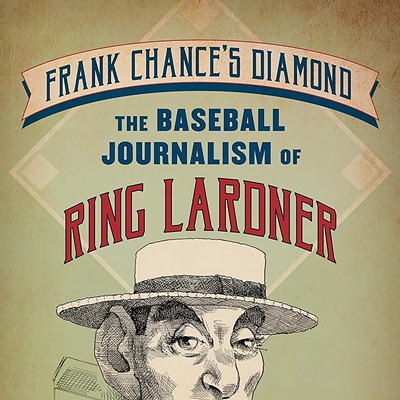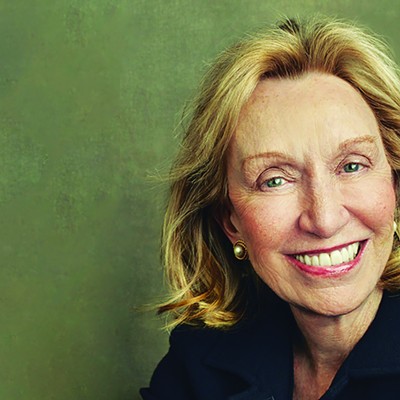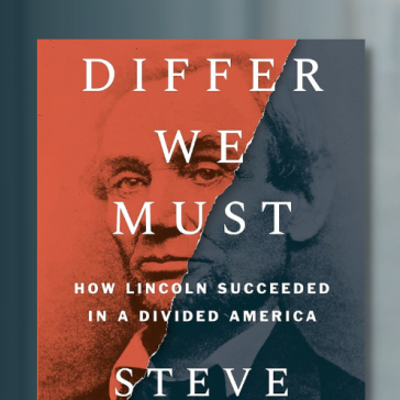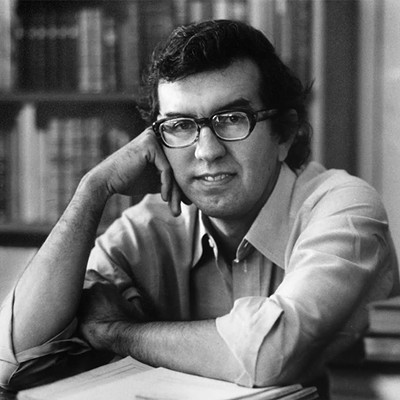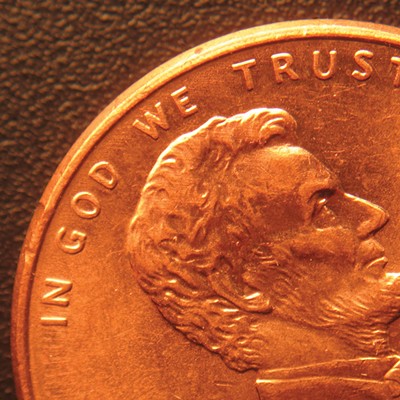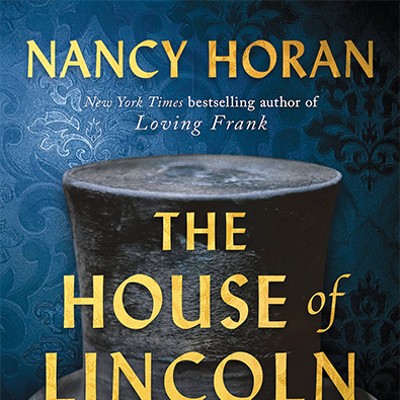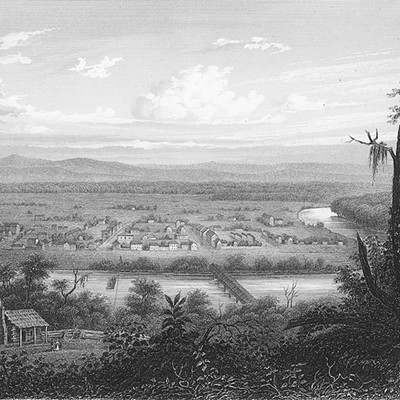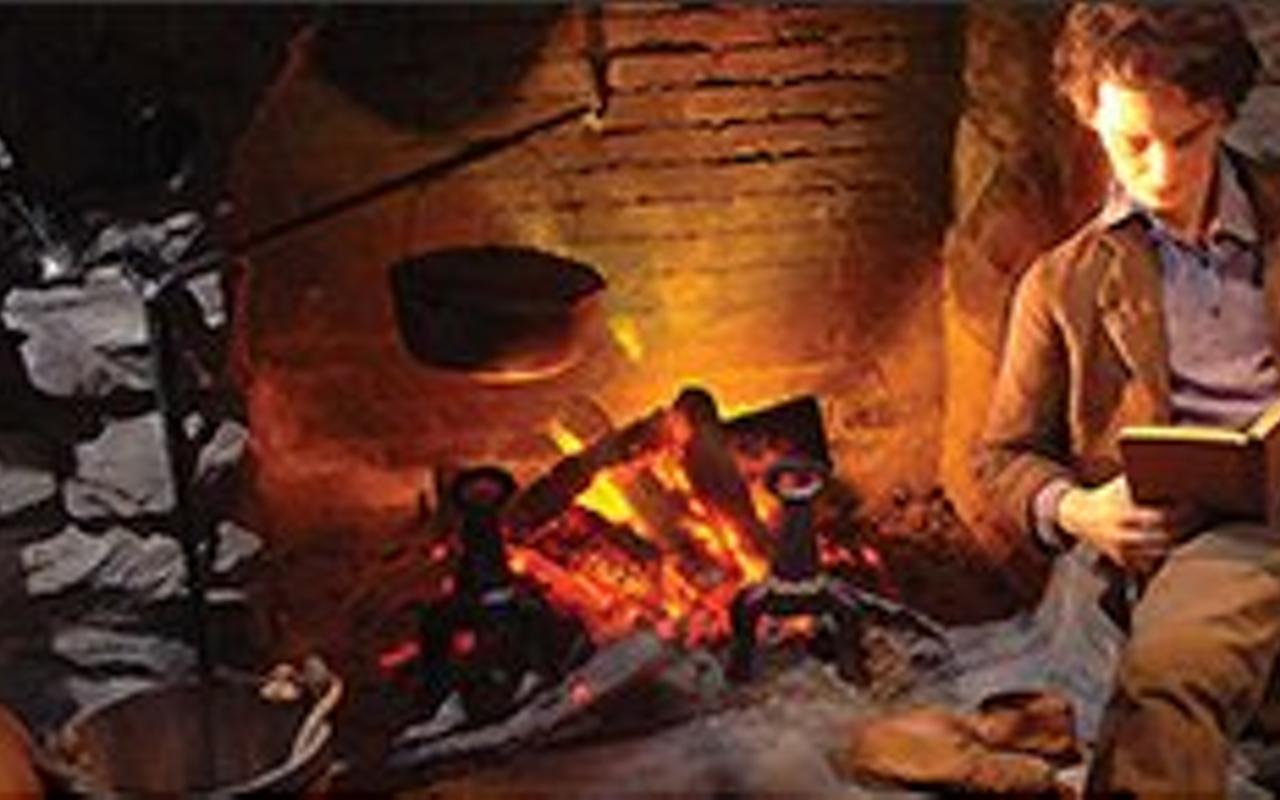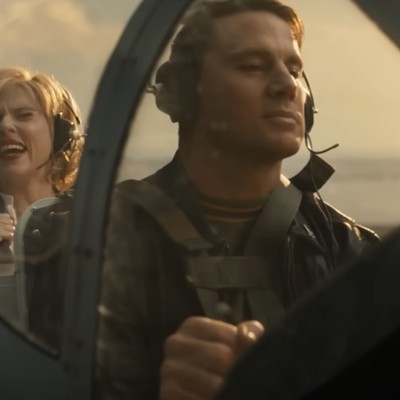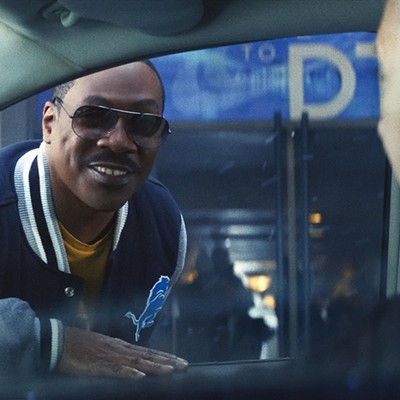If you had 300 cubic foot boxes of documents, diaries and other materials, mostly from the 1960s, in your basement and garage, what would you do?
When Doris Kearns Goodwin and her husband, Richard (Dick) Goodwin, assessed their situation in 2012, they did not panic or call a junk hauler. Instead, they decided to examine as much of the stash as possible – and write another book.
Dick Goodwin had been, among other things, a significant speechwriter for John F. Kennedy and Lyndon B. Johnson, both during their campaigns and their presidencies, and most of the papers were his. Doris, familiar to many in Springfield for her award-winning Lincoln study Team of Rivals (2005), had herself worked for LBJ in 1967-68, as well as helped him with his memoir after his presidency. This collaboration had led to her own first book, Lyndon Johnson and the American Dream (1976).
Because of the assassination of JFK, Dick went to work for LBJ, but Johnson, who had a bias against the Kennedy family, was always suspicious of Dick because of his connection and continuing friendship with members of the clan, particularly Jackie and Robert. Instrumental in helping JFK to set up the Peace Corps as well as the Alliance for Progress and later developing the Great Society program for LBJ, Dick broke with Johnson over the president's expansion of the Vietnam War and went back to working at the Peace Corps offices.
During the presidential campaign of 1968, Dick worked for both Eugene McCarthy and then Bobby Kennedy, when the latter decided to run. Although he was not in the room when Kennedy was shot in Los Angeles, Dick was with Bobby when he died.
Dick and Doris, whose times working for LBJ did not overlap, met in June 1972, when he was 40 and she was 29. They hit it off immediately and were married in December 1975. Soon after, Doris quit teaching to write full time and raise their three sons. Dick, no longer in full-time service to politicians, was also at home writing books, articles and columns. Doris found that her books benefited from discussions with Dick, and from his understanding of political processes and possibilities.
Because of the stress and trauma of his experiences in the 1960s, for many years Dick was not ready to investigate any of his papers from that era. It was only soon after he turned 80 that he decided it was now or never and proposed to work on them.
Initially Dick hired a friend to help him sort through the boxes to get the materials into chronological order. Then Dick and Doris allotted several hours each week to their project. They examined documents together and Doris asked Dick questions to stimulate his recollections about the incidents, while recording these conversations.
Doris especially appreciated several results of their work together. Because the project included some correspondence and other materials from Dick's pre-1960s life, she got a better idea of what her husband was like as a young man, before she met him. In addition, working together on the raw materials of the period helped them to moderate their perpetual rivalry of opinion between Dick's advocacy of JFK and his presidency and Doris's partisanship for LBJ.
Dick died in May 2018, at the age of 86, from nasal cancer. He worked with Doris as long as he was able and wanted her to finish the book. The resulting volume is an effective mixture of several types of writing. Much of the focus is on the historical events of the 1960s in which Dick played an important part, far beyond what could be mentioned in this review. The value and interest of the primary sources in the Goodwins' collection (now housed at the University of Texas at Austin) should not be underestimated. The book is also a memoir/biography of Dick, including much about his perspective on the events he participated in.
To a lesser extent, the book is a memoir for Doris as well. Being 11 years younger than Dick, she was in high school, at Colby College, and in her early career when Dick was involved with JFK and LBJ. Nevertheless, she participated in integrating her college sorority and attended Martin Luther King Jr.'s March on Washington in 1963, an event that Dick also attended, although they did not meet. In addition, the book exudes the excitement of the Goodwins' hunt for relevant materials in their vast collection of papers.
An Unfinished Love Story is a compelling and fascinating read for anyone interested in memoirs, mid-20th-century American history, presidential studies, and behind-the-scenes glimpses of major historical events.
Springfield historian and former manuscripts librarian Glenna R. Schroeder-Lein has written a number of books, articles and book reviews on various aspects of U.S. history. Doris Kearns Goodwin is scheduled to speak about her new book June 11 at Hoogland Center for the Arts. However, tickets for the event, sponsored by the Lincoln Presidential Foundation, are sold out.

